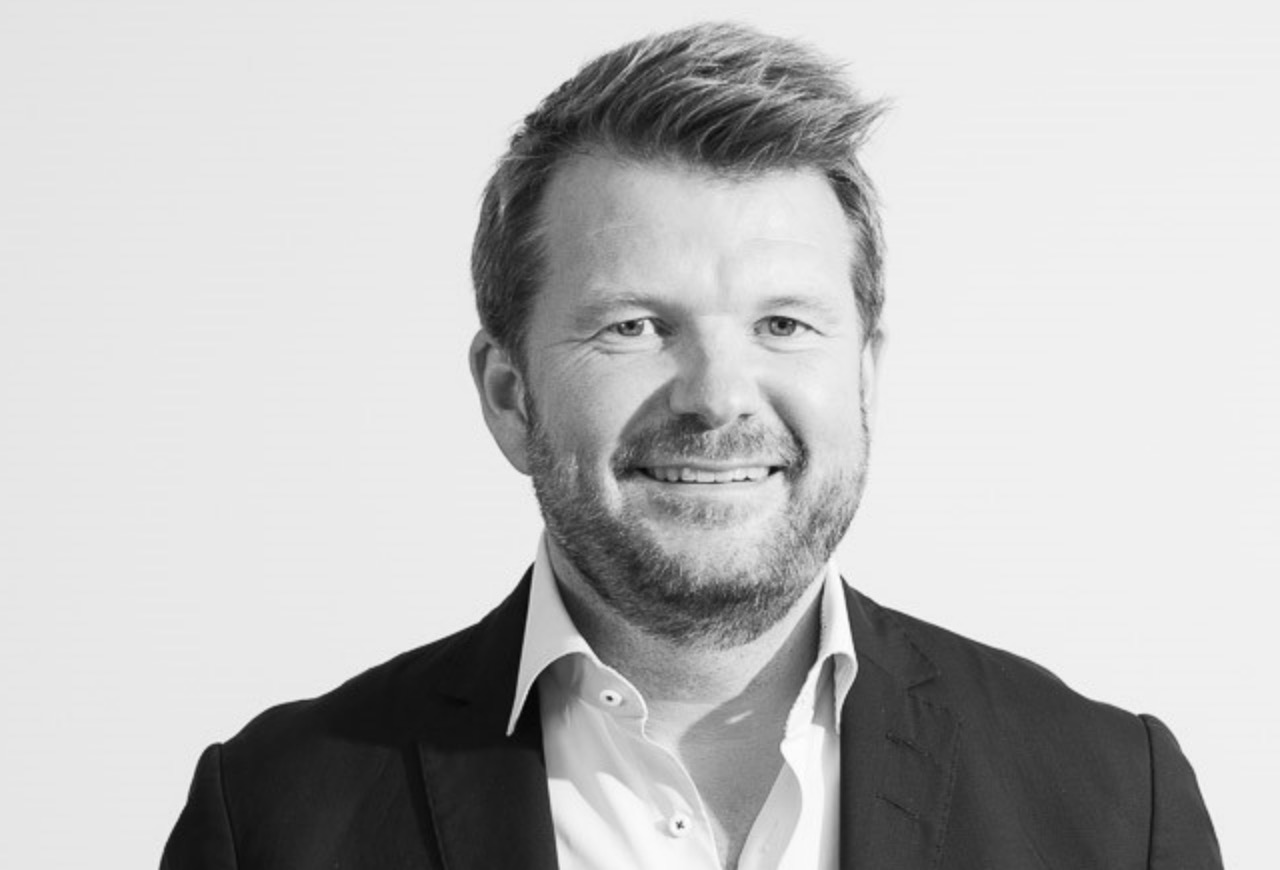SDG-focused fund, managed by Sweden’s Summa Equity, becomes Europe’s largest impact fund closing at €2.3 billion, as more return-driven investors move into the impact investment space.

In brief
- Summa Equity invests in companies that are solving global challenges in line with the UN Sustainable Development Goals
- Its third fund has closed at €2.3bn in record time and was oversubscribed, taking the firm’s AUM to close to €4bn
- According to the firm, the successful close shows impact investment is becoming mainstream
Summa Equity closed its third fund at €2.3 billion as return-driven investors piled into Europe’s largest impact fund to date.
The Swedish-based private equity firm, which invests in companies that are solving global challenges in line with the United Nations Sustainable Development Goals (SDGs), said its third fund was closed in record time and oversubscribed within four months, despite most of the fundraising taking place in a virtual environment.
The popularity of its latest fund shows impact investing “is becoming mainstream”, Reynir Indahl, managing partner and founder of Summa Equity, told Impact Investor.
“Most of our investors do not have an impact focus”, Indahl said. “So they have invested in us due to the belief in the strategy and the returns that we have delivered so far, and the returns they believe we will continue to deliver.”
Both its first and second fund are in the top 5% when it comes to returns across the entire private equity industry, according to Indahl.
“So we have shown that impact investments actually deliver superior returns”, he said. “It’s not a trade off, which many investors had been afraid of.”
Investment strategy
Founded in 2016, Summa Equity was one of the first private equity firms with a clear purpose-driven investment strategy. With its new fund, it now manages capital commitments of close to €4 billion.
To date, Summa Equity has made 22 investments that are aimed at advancing the 17 SDGs. All of its investments focus on three themes: resource efficiency, changing demographics and tech-enabled transformation.
Portfolio companies include aquaculture company Nofitech, Holdbart, which is Norway’s leading retailer of surplus food items, and fast-growing Swedish recycling company Sortera.
“We have shown that impact investments actually deliver superior returns. It’s not a trade off, which many investors had been afraid of.”
Summa Equity typically underwrites cases that give it an annual return of 20% to 30%, Indahl said. Over the whole ownership period, which usually lasts around five years, Summa makes “at least two to three times our money on the investment”, he added.
Summa Equity said its third fund “represents a scale-up”, because it will invest in primary capital in growth companies across a bigger geographical area. To reflect this growth, Summa has expanded its investment team to the DACH region (Germany, Austria and Switzerland), the Benelux, and the US.
Its third fund has attracted a wide range of global investors, from pension funds to insurance companies, foundations and endowments to financial investors and family offices from all over the world, including North America, Europe, Singapore, Japan and Australia.
‘Impact’ does not longer scare investors off
Five years ago, Summa Equity wouldn’t have called itself an impact fund, for fear of scaring off investors.
“In the press release, we have said it’s an impact fund”, Indahl said. “We have been an impact firm since the start but we didn’t call ourselves an impact fund because that would raise the notion that it’s not about returns. But it is and it’s fully correlated, and we have shown that.”
The Covid-19 pandemic, which laid bare environmental, social, and governance challenges, has accelerated investor appetite for impact investing.
“We have been an impact firm since the start but we didn’t call ourselves an impact fund because that would raise the notion that it’s not about returns.
“Investors are starting to realise that externalities matter”, Indahl said. “It’s not only the pandemic, it’s climate change, social inequalities, there is a range of externalities that is suddenly starting to become material. Investors are seeing it has an effect and it’s a risk, but it’s also an opportunity. That has changed the mindset: you can’t be ignorant to externalities. It actually matters.”
Indahl said it was “highly encouraging that the world is now understanding that these things matter and you have to incorporate it if you’re going to be a successful investor and create returns going forward.”






